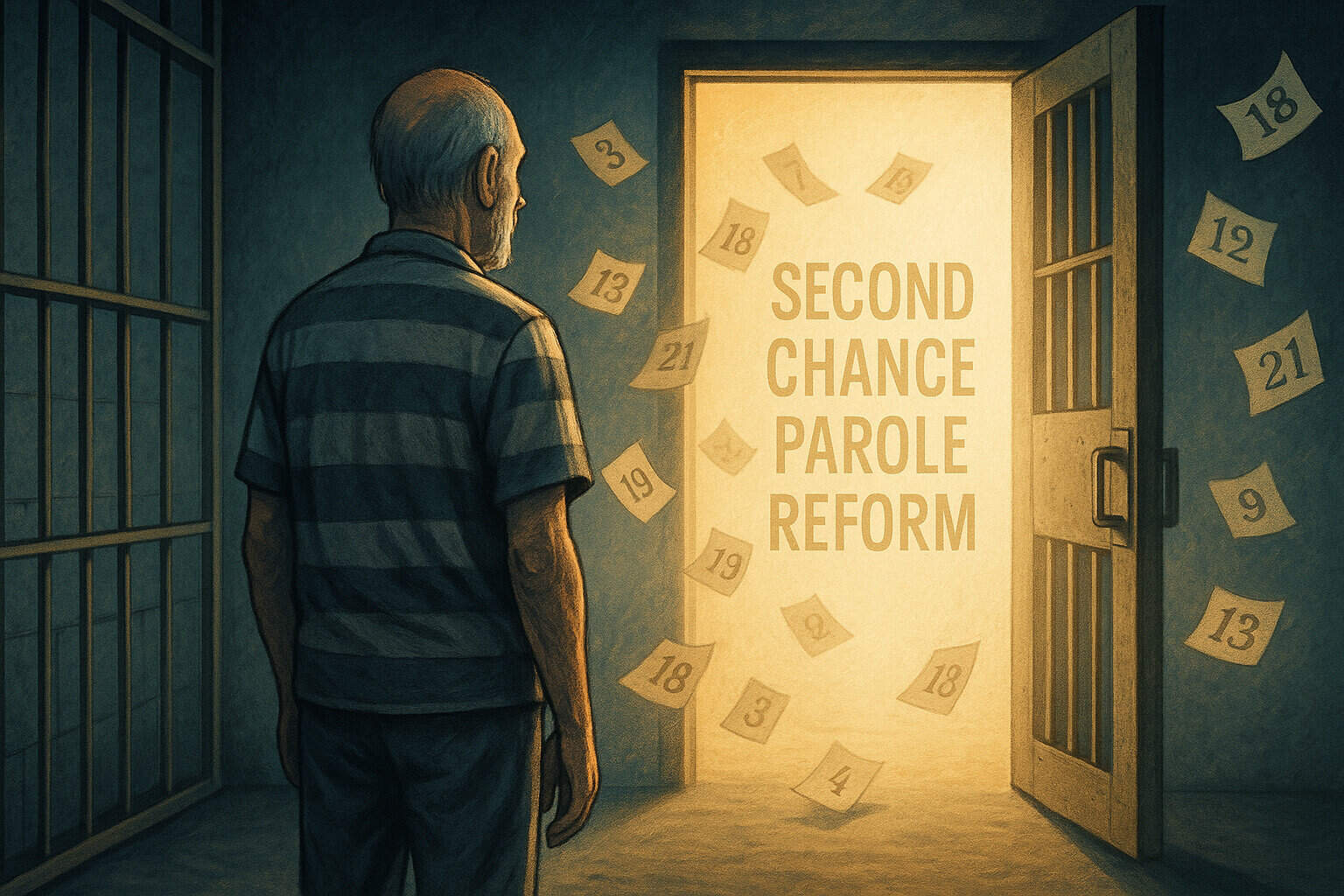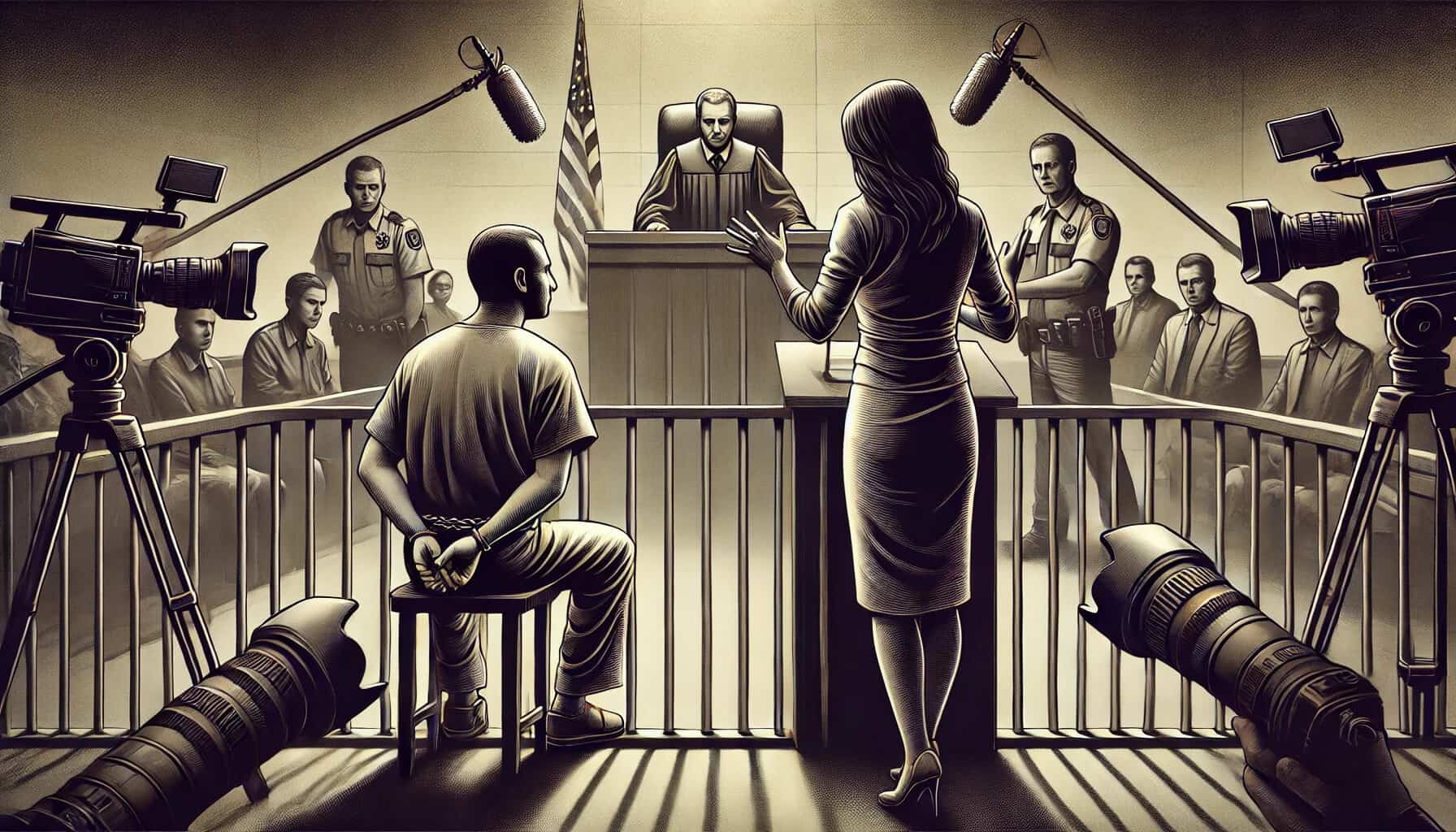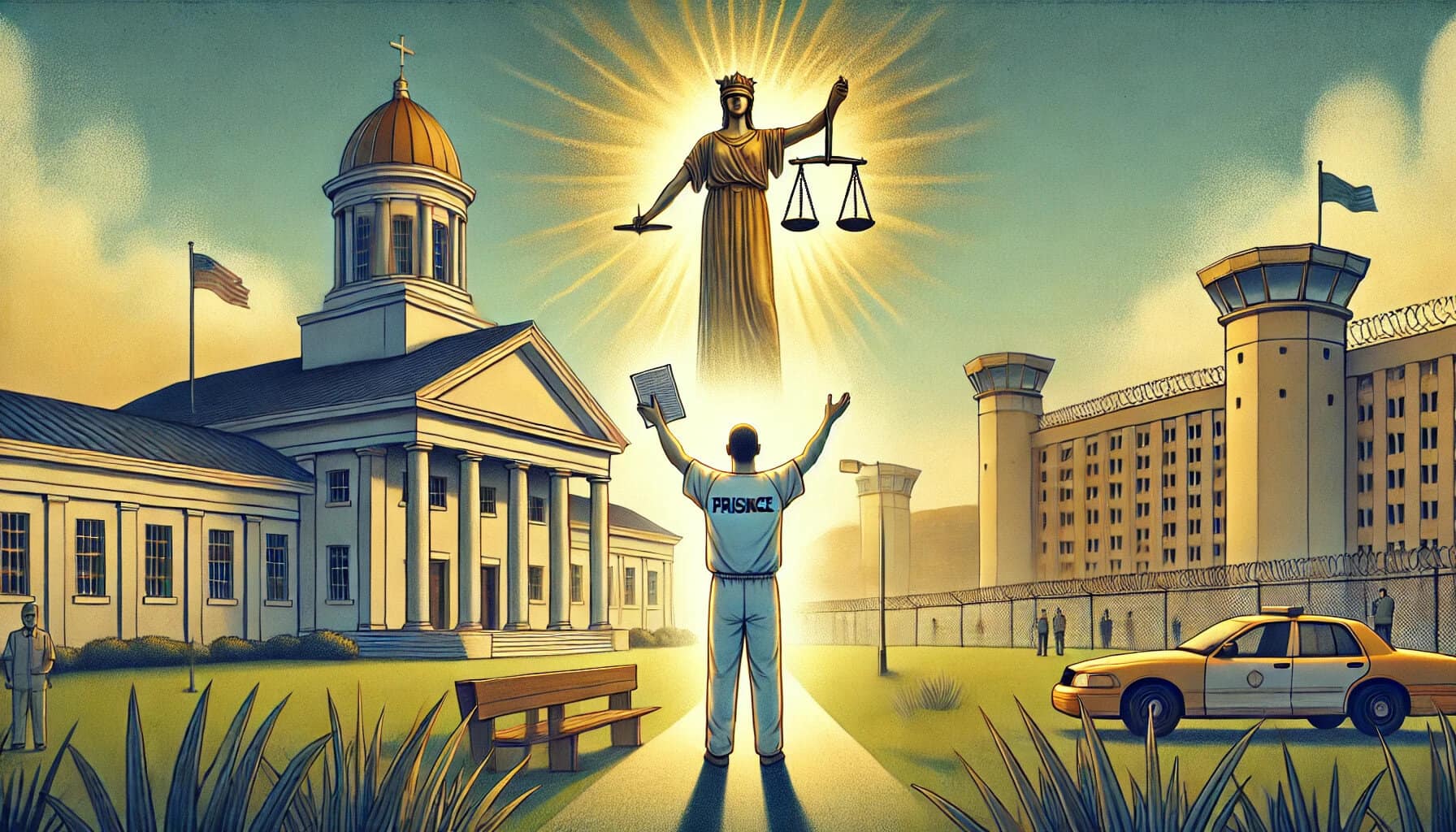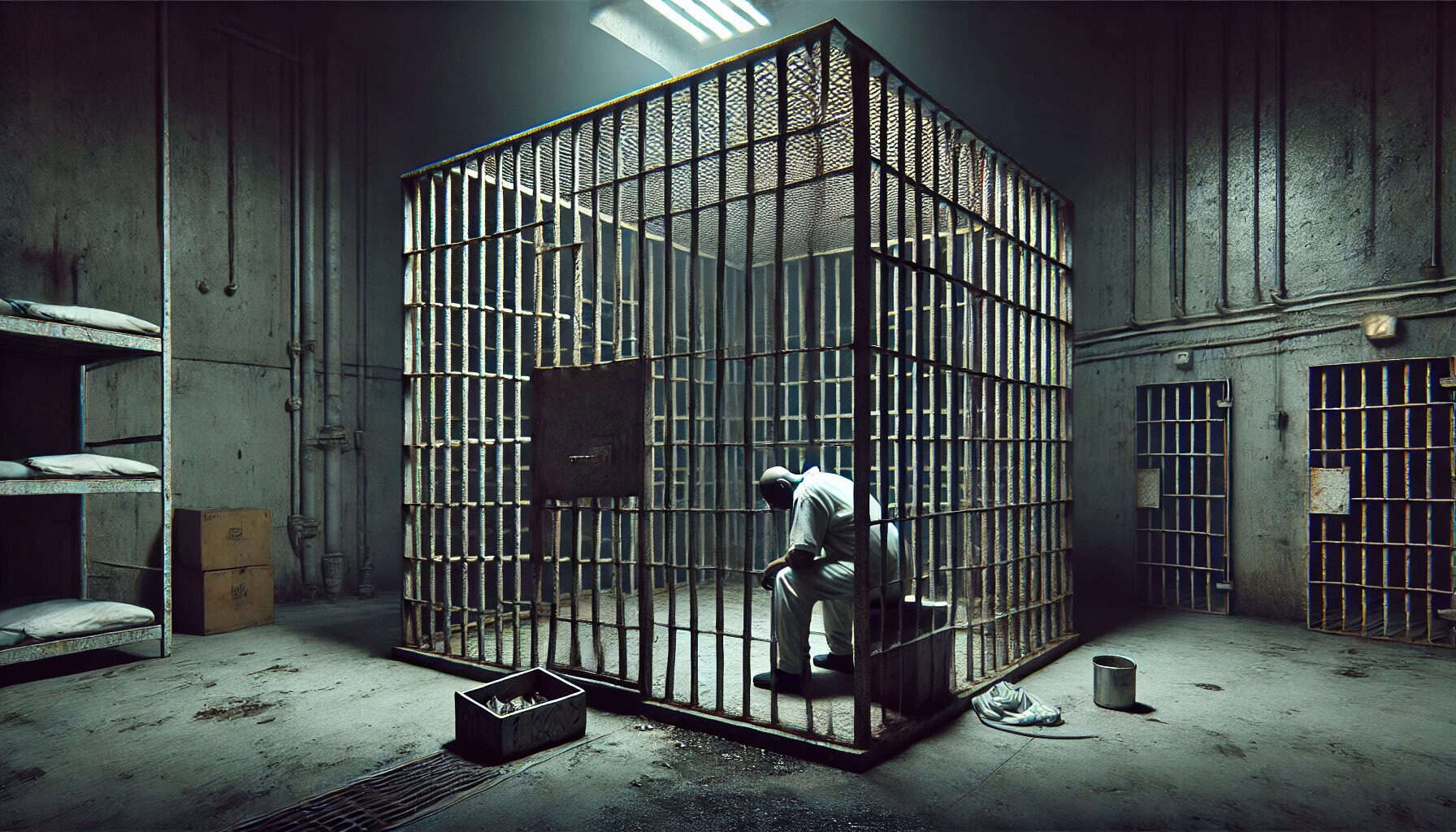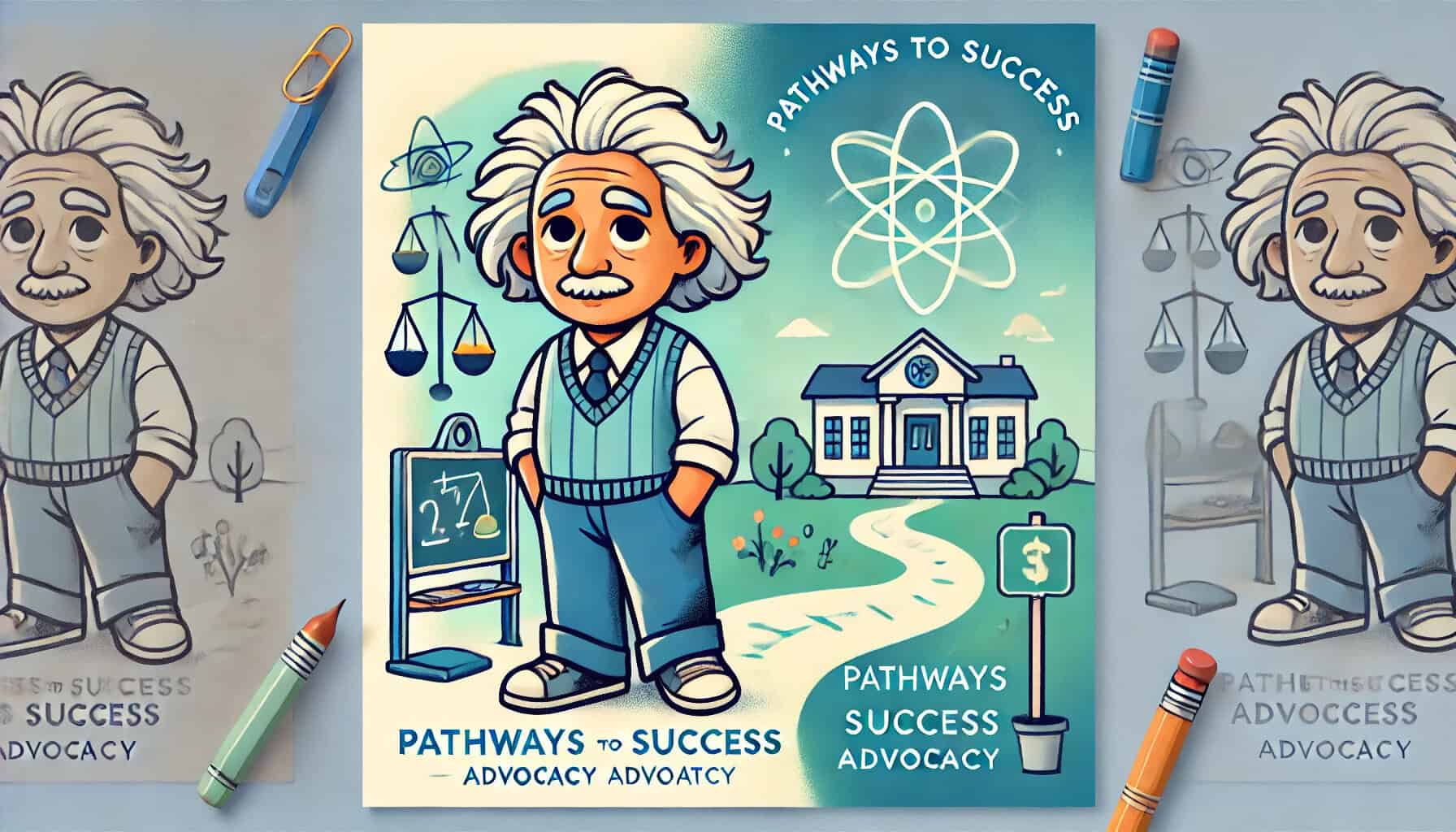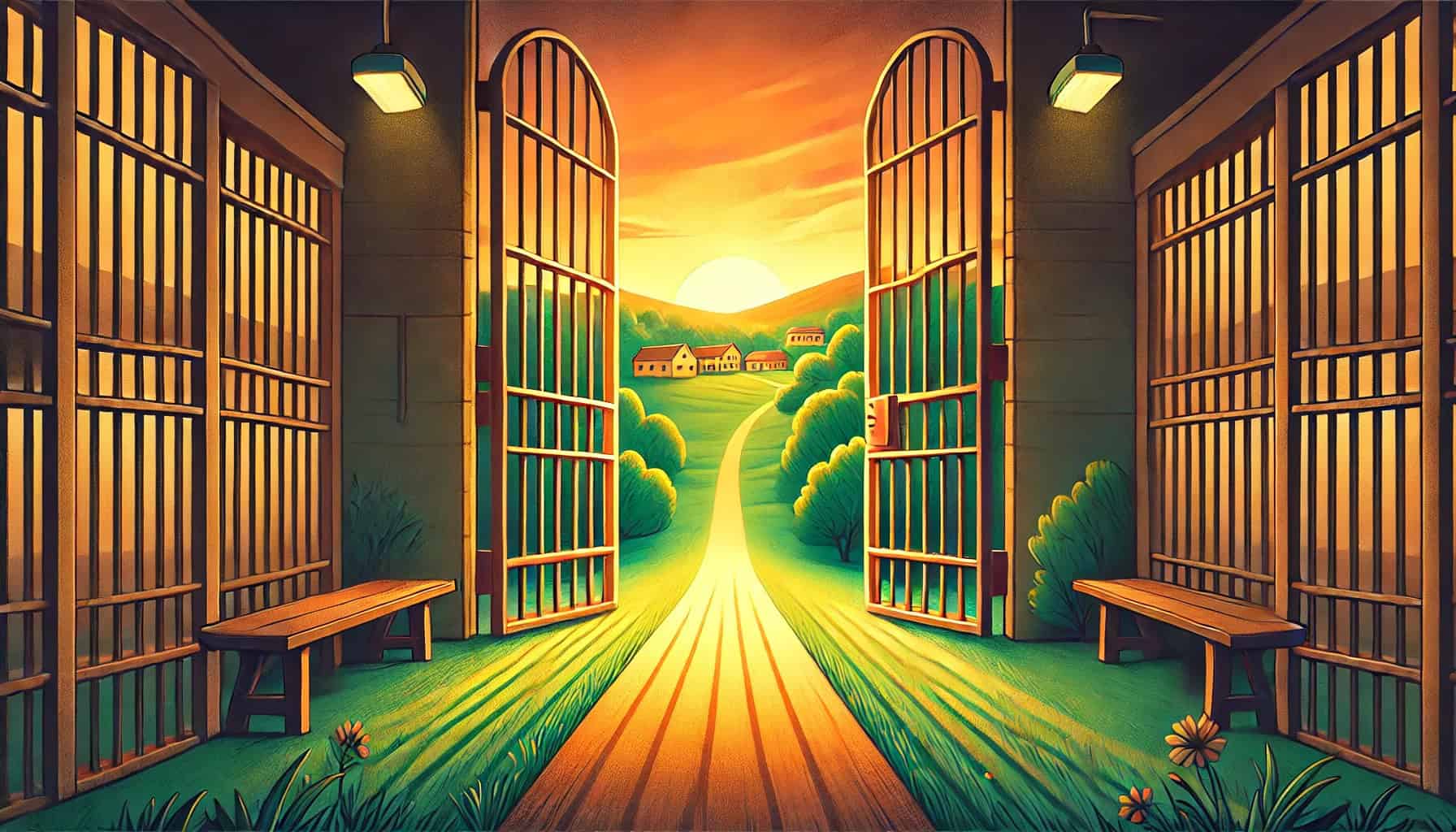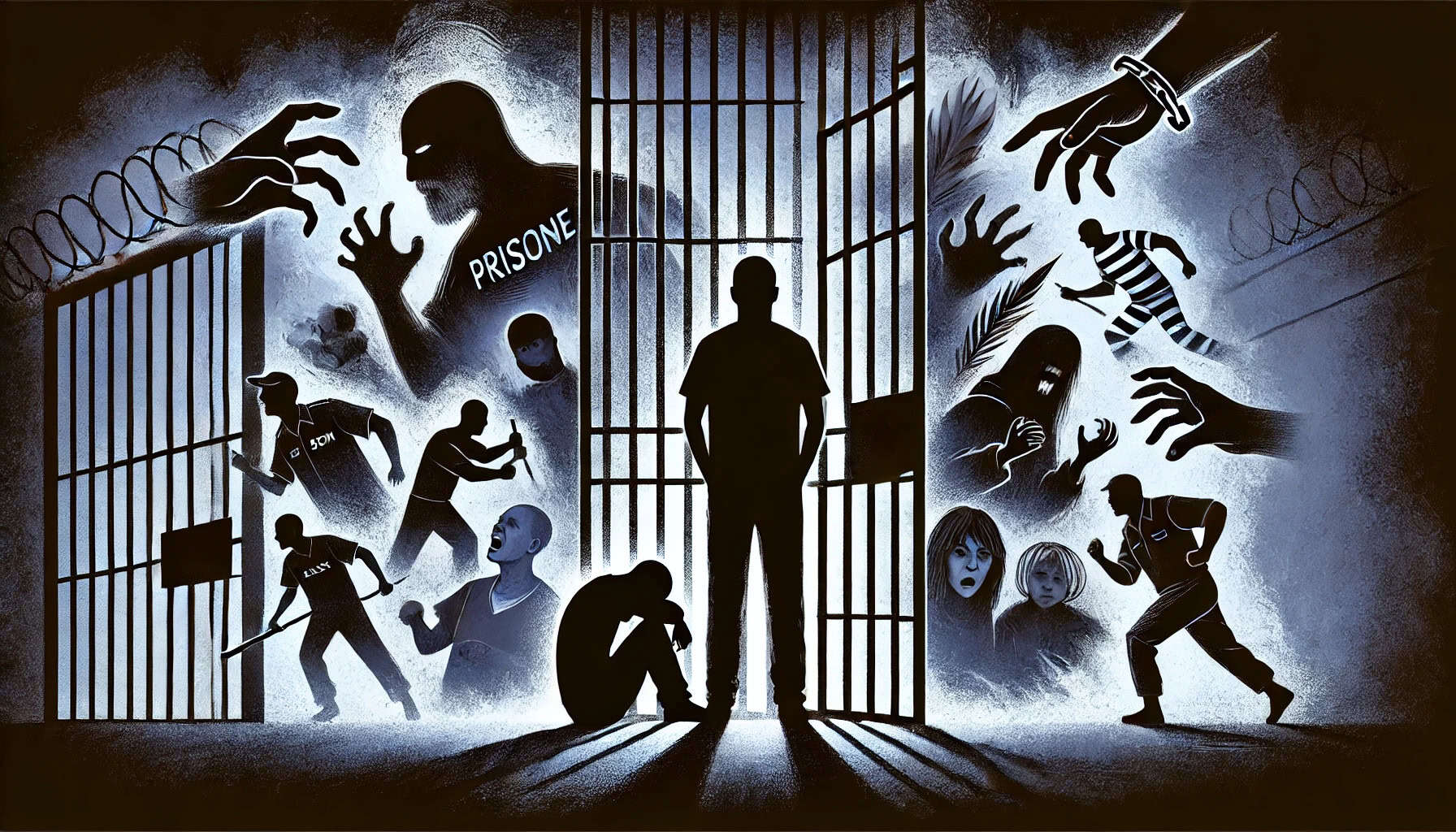#EndMassIncarceration
Caged and Forgotten: The Hidden Horrors of Valdosta State Prison
In recent months, global attention has focused on the appalling conditions at the infamous CECOT prison in El Salvador. However, equally horrific conditions are taking place right here in the United States—within Georgia Department of Corrections’ Valdosta State Prison. The abuses at Valdosta reveal a disturbing parallel, and perhaps surpass the cruelty documented in other notorious prisons around the world.
9 Life-Changing Lessons from Albert Einstein: Timeless Wisdom for Prisoners and Families
Albert Einstein didn’t just revolutionize physics; he offered profound insights into living a meaningful, fulfilling life. For those dealing with the challenges of incarceration or supporting loved ones behind bars, Einstein’s wisdom offers powerful guidance—helping us find clarity, hope, and strength in difficult times.
Invisible Scars: A Path to Healing and Reform in Georgia’s Prisons
Georgia’s prison crisis demands immediate action—but there’s hope. In this powerful conclusion to our Invisible Scars series, we explore proven solutions from states and countries that have transformed their prison systems, significantly improving safety, cutting costs, and reducing recidivism. Discover how Georgia can implement humane reforms to break the cycle of violence and neglect, and learn exactly how you can help drive real, lasting change.
Invisible Scars: Cycle of Retaliation and Abuse in Georgia Prisons
Inside Georgia’s prisons, silence is enforced through fear, and those who speak up are punished brutally. Officers incite beatings, gang members control dorms, and retaliation is policy—not exception. From mothers being extorted to inmates beaten for asking questions, this is not a correctional system—it’s a war zone disguised as justice. What happens when the people meant to protect become the abusers? This isn’t just cruelty—it’s corruption in uniform. Read the stories they don’t want you to hear.
Invisible Scars: How Georgia’s Prisons Perpetuate Trauma and Abuse
Behind Georgia’s prison walls, inmates live in perpetual fear—witnessing brutality, murder, and unimaginable cruelty. The violence they witness leaves invisible scars: trauma untreated and voices unheard. Using firsthand accounts and DOJ findings, this article brings these hidden realities to light, demanding urgent change.
Heat, Humidity, and the Constitution
In Georgia’s sweltering summers, prisons become life-threatening ovens, subjecting inmates to unbearable heat and humidity. Recent federal court rulings in Texas declared similar conditions unconstitutional, exposing how extreme temperatures violate basic human rights. Could this landmark decision pave the way for urgent reforms in Georgia? Read on to discover why advocates must act now—and how a groundbreaking lawsuit could finally end this cruel punishment.
